
Women who survive an early breast cancer can breathe easy, a recent study says. Their risk of developing a second cancer is low, about 2% to 3% greater than that of women in the general population, researchers reported in The BMJ. “Many breast cancer survivors believe their risks of a second cancer are much higher… read on > read on >










.jpg)
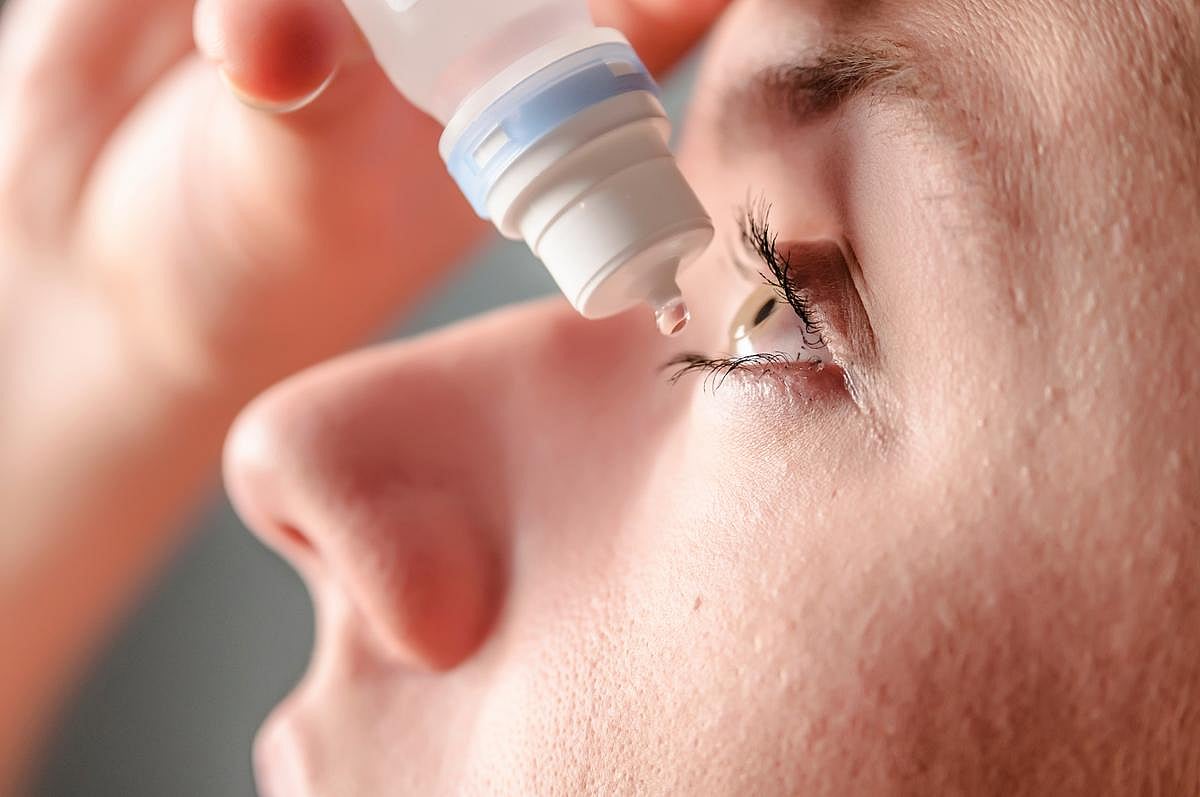
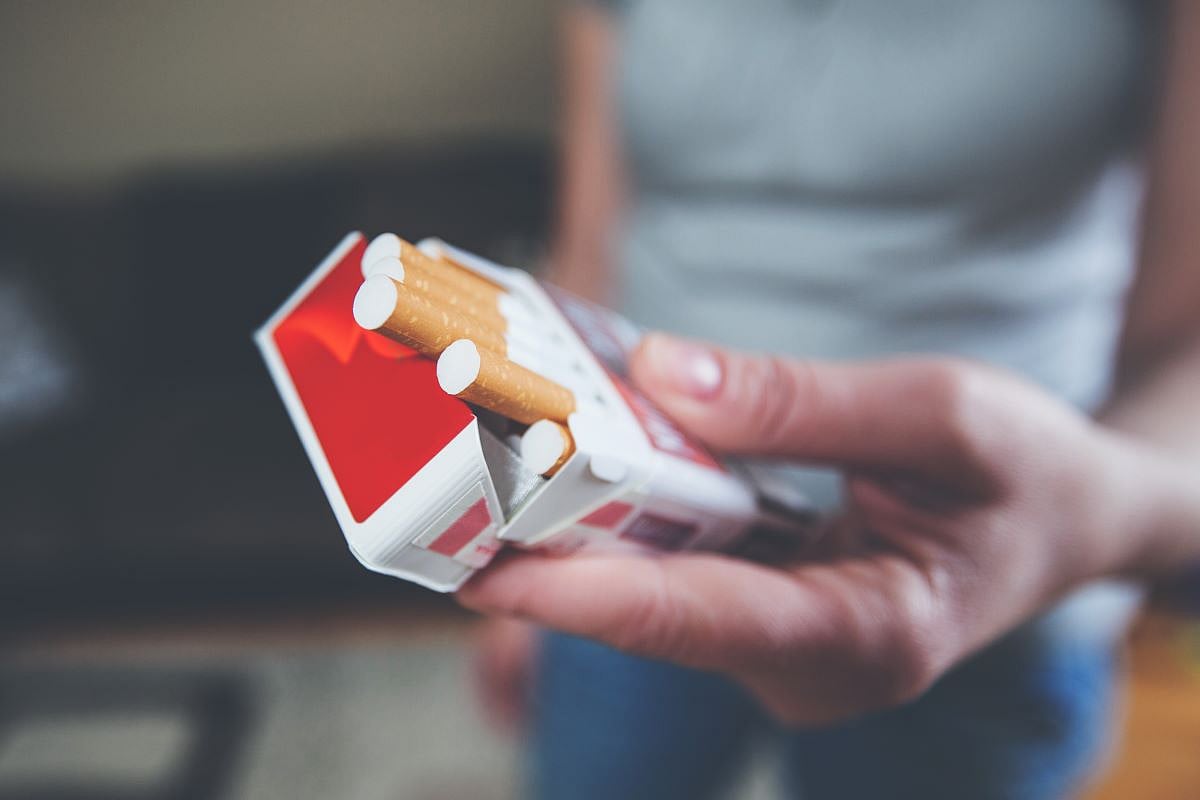

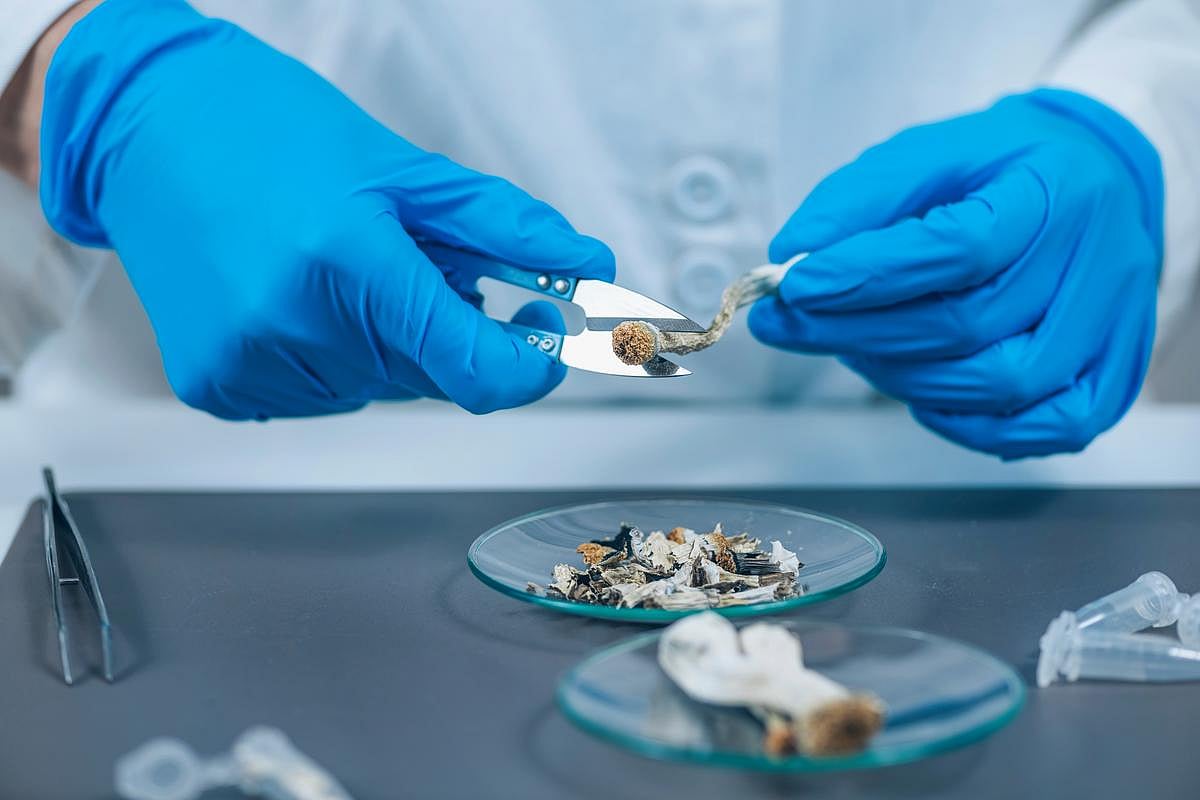
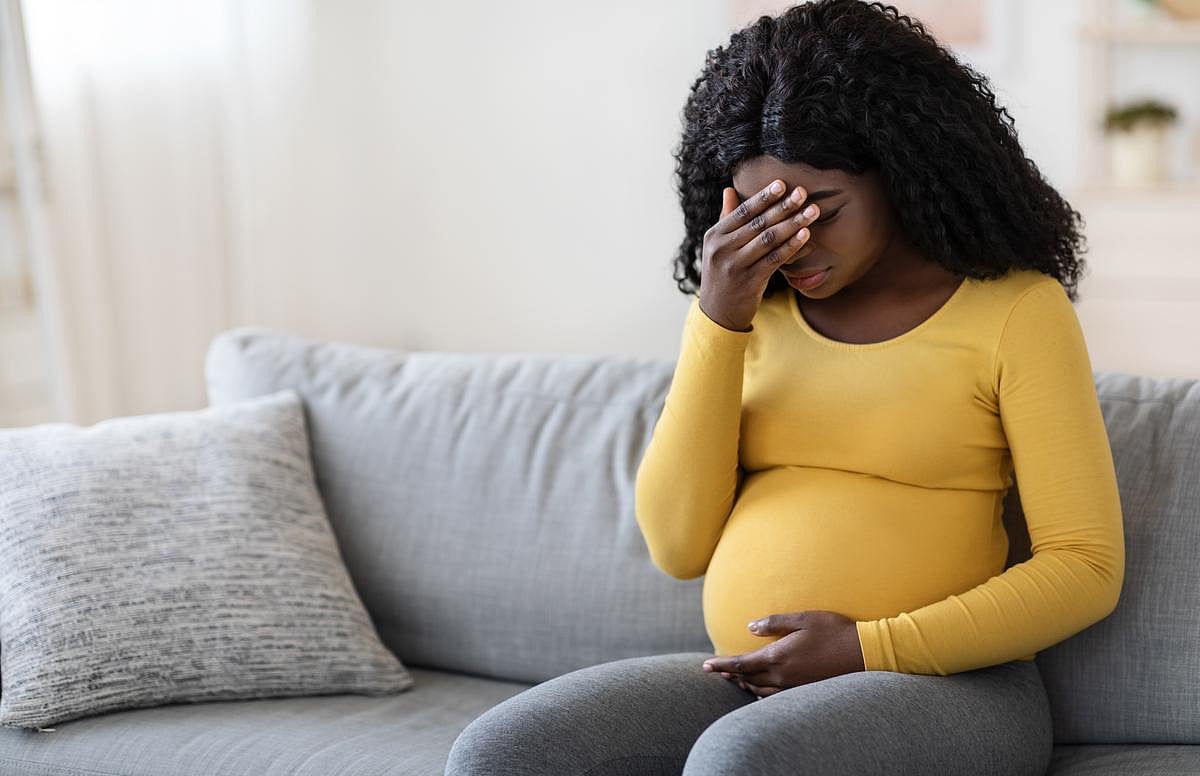
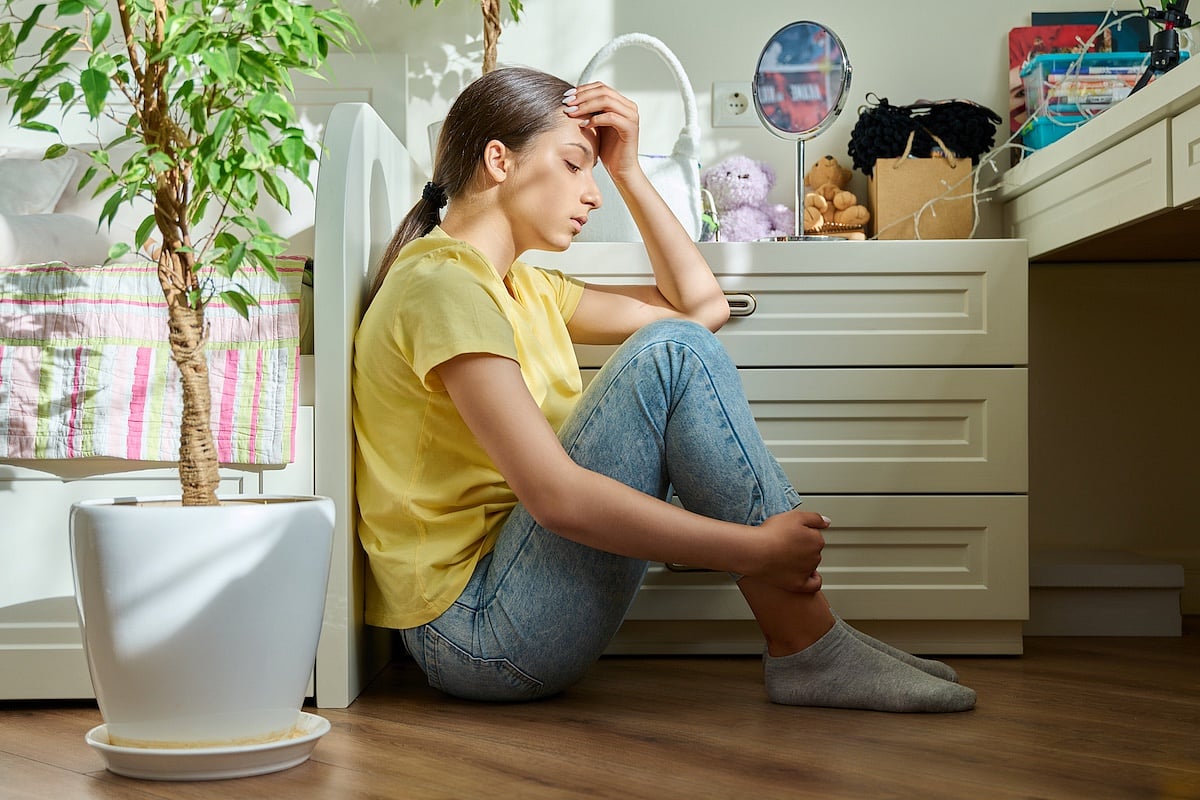
.jpg)












